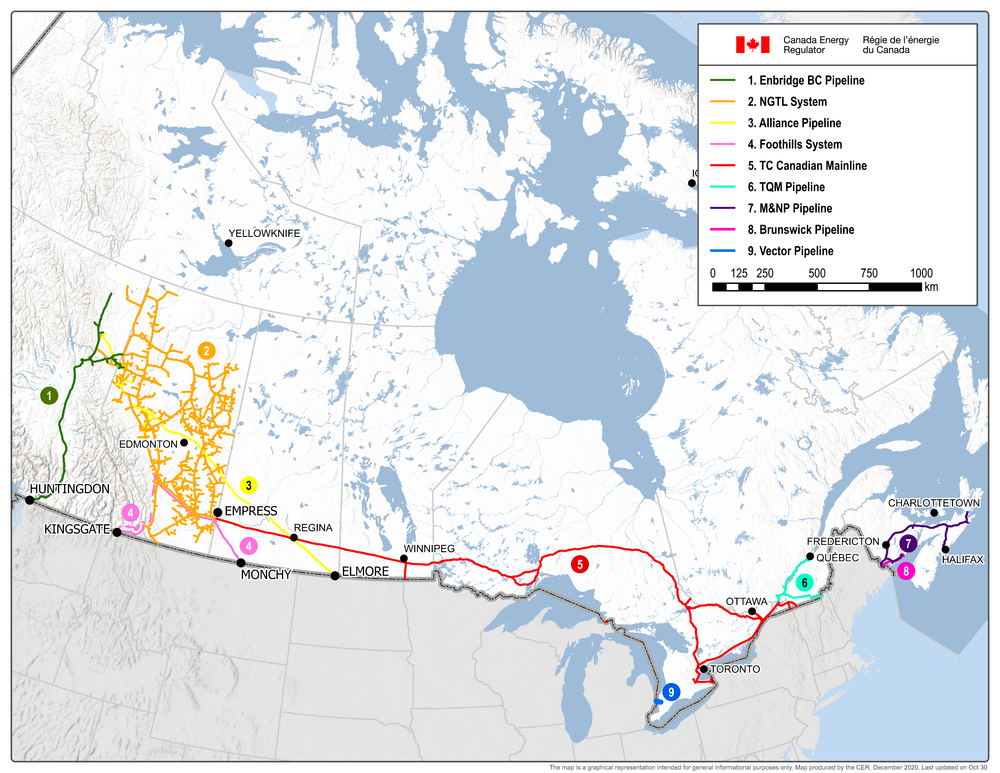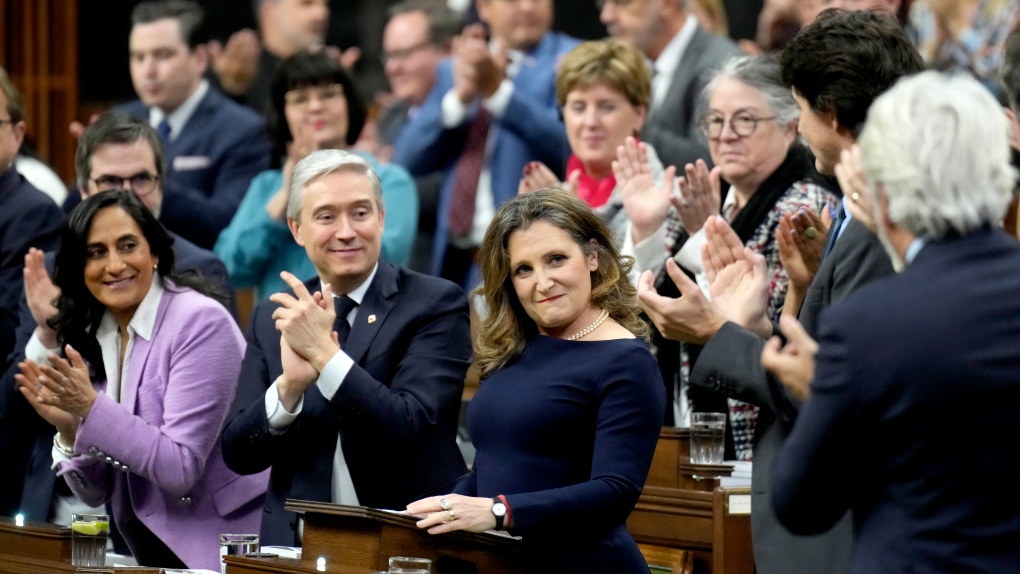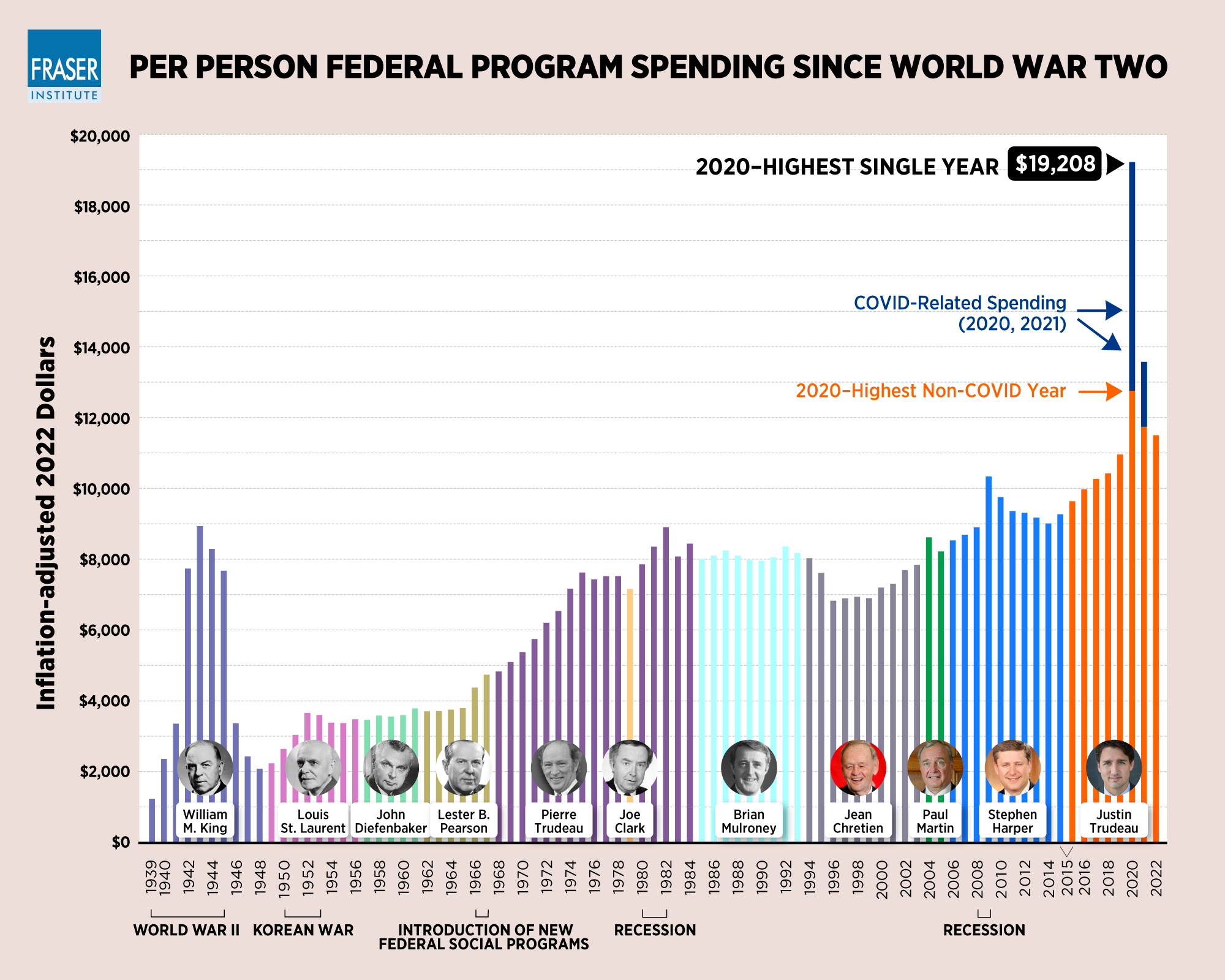Mostly right. But I guarantee you that if we took away $800+ rebates and redirected to transit construction, there would be substantially more outcry than complaints like yours. Also, a decision like that substantially screws people who live in rural areas, for example, where transit will always be impractical to impossible.
Accepting the above.
Serious question.
Is the fact that the transportation component of the carbon tax has an effect on rural voters that is perceived to be unfair a policy problem? Given that gas taxes are already much higher in Canada than the U.S. and apply either nationally or province-wide raise a similar issue, with the two together being arguably punitive?
Is the combination above a problem in term of logistics costs in Canada for retailers and for manufacturers which export?
****
If the answer to one or more of the above is yes............. would it make sense to:
Remove the carbon tax from gas (Car/Truck fuel); and even reduce gas tax, and to instead toll urban highways, and/or impose congestion charges?
What about Parking Taxes in urban areas? (Vancouver does this now, Toronto is considering it)
Aside from moving to discourage driving and/or car ownership in areas where there is a viable alternative, but minimally effecting rural voters and trucking..........
This would arguably have a negative effect in respect of fuel efficiency; but might we not tackle that by simply raising minimally acceptable fuel economy standards?
To be clear, I'm not advocating for the above, I'm sincerely asking whether we can achieve the aims of the Carbon Tax, as it pertains to transportation, in a way that would be either more effective or achieve higher buy-in?
****
The above would not imply removing the carbon tax on other products.
Though we could try to be more similarly nuanced (ie. penalize someone using oil to heat their home where there are viable alternatives that are less polluting available), but reduce or eliminate that tax where such alternatives are minimal or non-existent and instead directly subsidize introducing a cleaner alternative.








